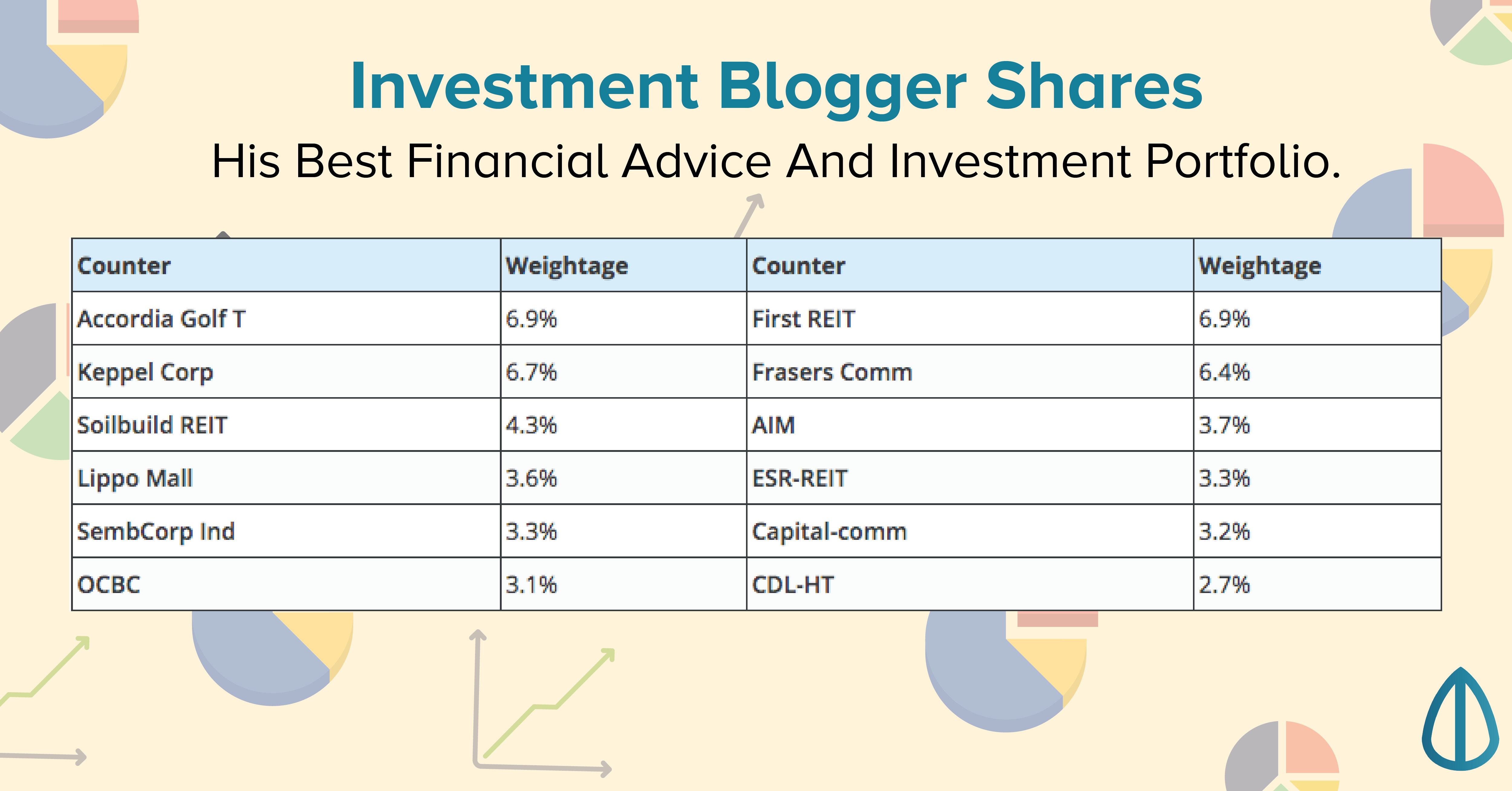Advertisement
Anonymous
I'm graduating from university in 1 year's time. I currently have around $50k and I'm not sure what to do with it. Should I invest in stocks? And should I be considering insurance at this stage?
I don't really have much knowledge on investment!
12
Discussion (12)
Learn how to style your text
Ngooi Zhi Cheng
18 Aug 2021
Student Ambassador 2020/21 at Seedly
Reply
Save
Hi anon, insurance is a must! buy some basic coverage for now and you can consider higher coverage as time goes by.
Next, set aside sufficient emergency funds for a rainy day. DO NOT "lock up" these funds in fixed deposit or invest in risky assets. I would suggest putting them in high interest rate accounts just to protect against inflation.
As for the remaining funds, you can invest them in any assets that you want, depending on your goals and risk tolerance. Considering how you are new to investing and this sum of money can be quite significant and important to your future plans, I would say the wisest choice is to dollar cost average monthly into a roboinvestor or an ETF tracking the S&P500 or World Index.
If you'd like to pick stocks or invest in riskier assets such as crypto, you can take this time to read up, do reasearch and learn. I would recommend starting with books such as:
- the intelligent investor
- 5 rules for successful stock investing
- one up on wall street
All the best!
Reply
Save
Victor
26 Jun 2021
Financial Service Consultant at AIA
Insurance is important as it offers protection should bad things happen, then you can use the remaining amount to invest in robo advisors via DCA
Reply
Save
Fiona Loh
19 Nov 2019
Analyst at Deloitte Consulting
Since you're graduating from uni in 1 year's time, i believe you're under 27 still.
Open up the Standard Chartered Jumpstart account, & park $20k in there. You will generate an interest rate of 2% p.a., of which it's appx $33.33 per month, for the $20k.
For your remaining $30k, look at some other instruments. You probably might not want to consider bonds, given it's low yield during this period time. However, to get started in investing, please be equipped with the knowledge first. You might want to start off with the ETF which tracks the performance of the market. Historically, the S&P500 ETF have been generating 9% annualised returns, & STI ETF have been generating 7% annualised returns. Of course, past performance is not indicative of the future, so please DYODD.
Insurance is a must, healthcare should be your priority. After which, take a look at term or life plan.
Rmb, you need to first protect your wealth before building your wealth.
Hope this helps :)
Reply
Save
Arpita Mukherjee
07 Nov 2019
Community Evangelist at Kristal.AI
Hi Anon,
There are plenty of safe ways to invest your money and have it grow. You can go for REITs...
Read 8 other comments with a Seedly account
You will also enjoy exclusive benefits and get access to members only features.
Sign up or login with an email here
Write your thoughts
Related Articles
Related Posts
Related Posts
Advertisement









Hi, before investments, I will always consider my insurance coverage. Transferring relevant risk away from our lives will ensure nothing rocks the boat. Boring - but important.
Ultimately, if you feel that you can take on the financial impact of the risk event (Accident, Illnesses), there is no need for any insurance at all. (But from what you have stated above, you cannot)
Imo, in recent times a Financial Advisor's role is to provide an objective look into the total Financial impact upon any Risk Events happening. This is because consumers are usually influenced by their inherent biasedness when making a purchasing decision.
For your calculation on your coverage needs, the online calculator by LIA or Moneyowl works well. If you need a more specific calculation, you can look for me for an excel sheet.
LIA: lia.org.sg/tools-and-resources/insurance-calcul...
Moneyowl: https://www.moneyowl.com.sg/app/guideme/profile
Personal Opinion: The minimum we should have is a Government A Ward Integrated Shield Plan. (Assuming regular salaried worker)
With you being unable to retain the financial impact of getting Critical Illness, it would be wise to consider basic Critical Illness Coverage.